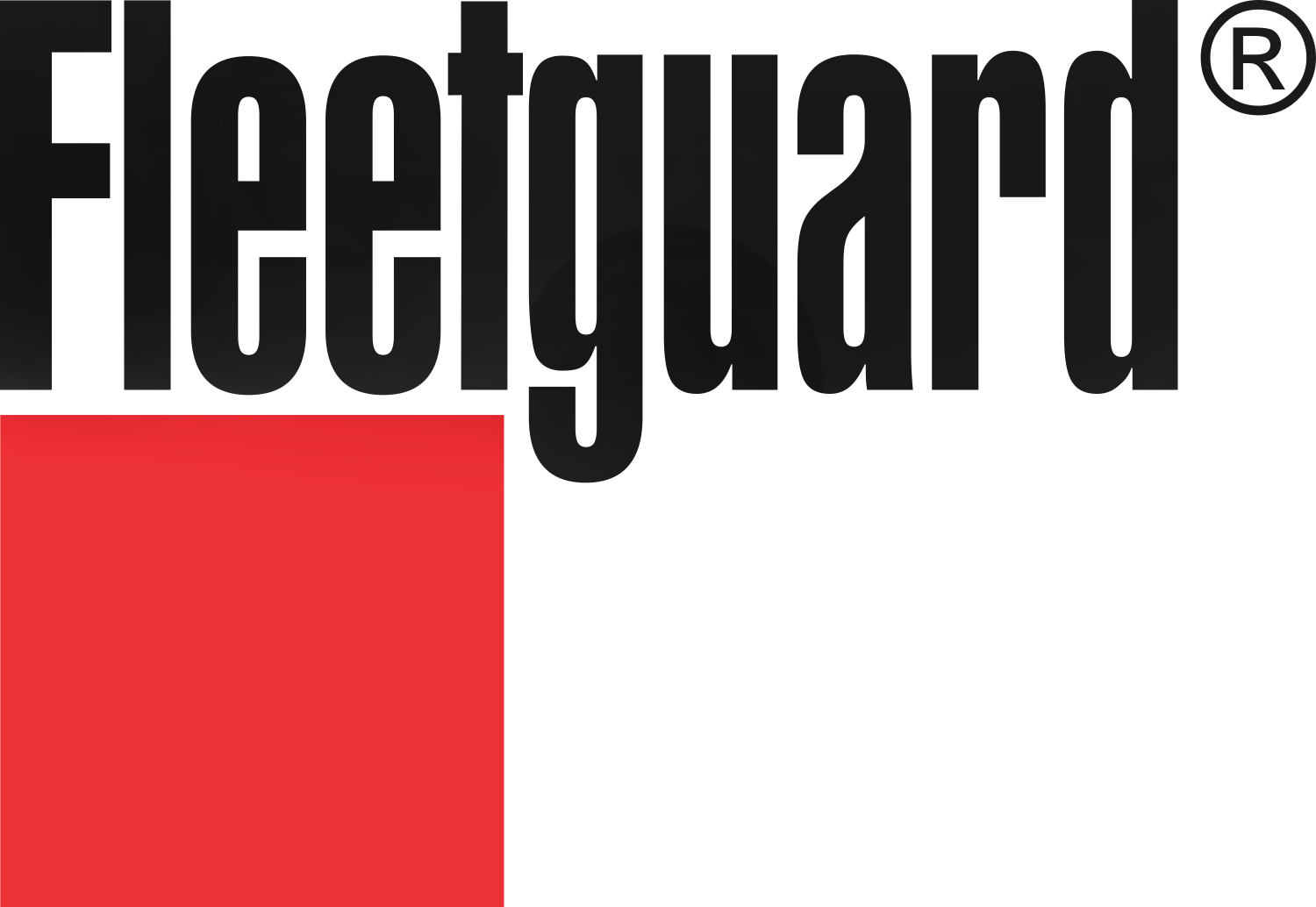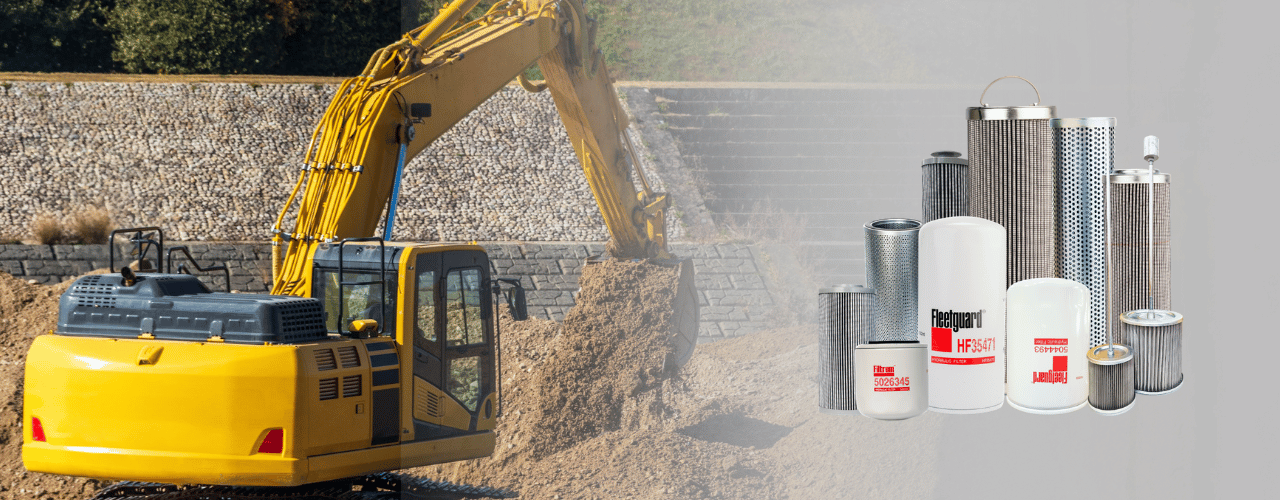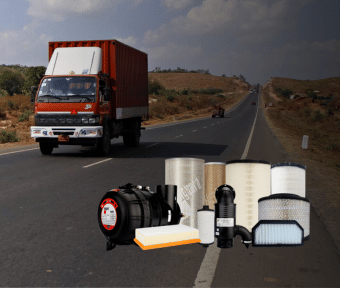Product | 12 Aug 2025
Modern diesel engines are designed to meet strict emission standards while delivering maximum performance. At the heart of this compliance lies the DEF SCR System (Selective Catalyst Reduction), which uses Adblue DEF or Diesel Exhaust Fluid to reduce harmful nitrogen oxide emissions into harmless nitrogen and water vapor. This system not only ensures environmental compliance but also enhances fuel efficiency and protects the overall health of the engine.
Unfortunately, some operators and mechanics bypass or tamper with the SCR system, often through unauthorized software modifications or mechanical adjustments. While this may seem like a quick fix to avoid DEF refilling costs, the long-term consequences are far more damaging and expensive.
Why SCR Systems Exist
The purpose of the SCR system is straightforward:
- To reduce nitrogen oxide (NOx) emissions, which are a major contributor to air pollution.
- To ensure compliance with global emission regulations.
- To safeguard long-term vehicle performance and efficiency.
By introducing Diesel Exhaust Fluid into the exhaust stream, harmful gases are converted into harmless ones. Any attempt to bypass this process disrupts the entire emission-control cycle.
How Bypassing Happens
Bypassing the SCR system usually involves:
- Installing unauthorized software that disables the DEF dosing requirement.
- Tampering with sensors to trick the engine into thinking DEF levels are sufficient.
- Physically disabling or removing system components.
While this may provide short-term savings on DEF refills, the damage caused can be irreversible.
Consequences of Bypassing SCR
1. Legal Troubles
- Tampering with the SCR system is a violation of emission laws.
- Drivers and mechanics can face fines or even criminal charges.
- Authorities may cancel the vehicle’s registration.
- OEMs can reject warranty claims if tampering is detected.
2. Vehicle Damage
Bypassing increases harmful NOx emissions and leads to serious engine problems:
- Clogged injectors and dosing valves.
- Reduced performance or complete shutdown.
- Damage to expensive SCR components.
- Lower fuel efficiency, forcing the engine to consume more fuel.
3. Operational and Financial Costs
What looks like a small saving today can result in heavy expenses later:
| Short-term Saving | Long-term Cost |
| Skipping DEF refill (~2–5% of operating cost) | Expensive engine breakdowns and repairs |
| Tampering to avoid warnings | Voided OEM warranty and higher maintenance |
| Reduced DEF usage | Increased fuel consumption and higher running costs |
| Avoiding DEF filter replacement | Damage to injectors, pumps, and SCR system |
4. Environmental Impact
Bypassing the SCR system directly increases nitrogen oxide emissions, one of the most harmful pollutants for both humans and the environment. Consequences include:
- Worsened air quality in urban areas.
- Increased health risks such as asthma and respiratory diseases.
- Non-compliance with emission regulations, leading to stricter checks and penalties for fleet operators.
Best Practices Instead of Bypassing
- Always use certified Diesel Exhaust Fluid (DEF): Ensure it meets ISO 22241 standards.
- Replace filters on time: Use high-quality DEF Diesel Exhaust Fluid Filters, or a reliable DEF Fluid Filter to prevent contamination and crystallization.
- Proper storage and handling: Keep DEF away from dust, dirt, and temperature extremes.
- Prevent counterfeit risks: Use trusted brands such as Filtrum DEF and Fleetguard filtration solutions.
- Regular maintenance checks: Ensure dosing units, pumps, and sensors are in optimal condition.
Fleetguard and Filtrum: Trusted DEF Solutions
Both Fleetguard DEF Filter and Filtrum DEF products are engineered to provide long-lasting protection for your SCR systems.
- Fleetguard offers comprehensive filtration solutions—filling neck filters, level sensor filters, supply module filters, and inline filters—to ensure only clean DEF reaches the SCR system. These Diesel Exhaust Fluid Filters minimize crystallization risk, keep injectors safe, and extend the life of your SCR system.
- Filtrum DEF, also known as Adblue DEF, is formulated with 32.5% technical-grade urea and 67.5% deionized water, tested under ISO 22241 guidelines. Its precise composition prevents clogging of dosing units and spray nozzles, while ensuring that vehicles meet emission norms.
Together, these solutions protect engines, reduce downtime, and ensure that your fleet continues to operate efficiently without compromising on compliance.
Conclusion
Bypassing the SCR system may look like a shortcut, but it is a dangerous gamble. It invites legal trouble, damages vehicles, increases operational costs, and harms the environment. Instead of tampering, the smarter choice is to invest in quality DEF and filtration products that protect your system and ensure long-term savings.
If you are looking for reliable solutions, explore Fleetguard DEF Filter options or choose certified Filtrum DEF to keep your DEF SCR System running smoothly. To learn more, visit the Fleetguard website or connect with their experts today.








